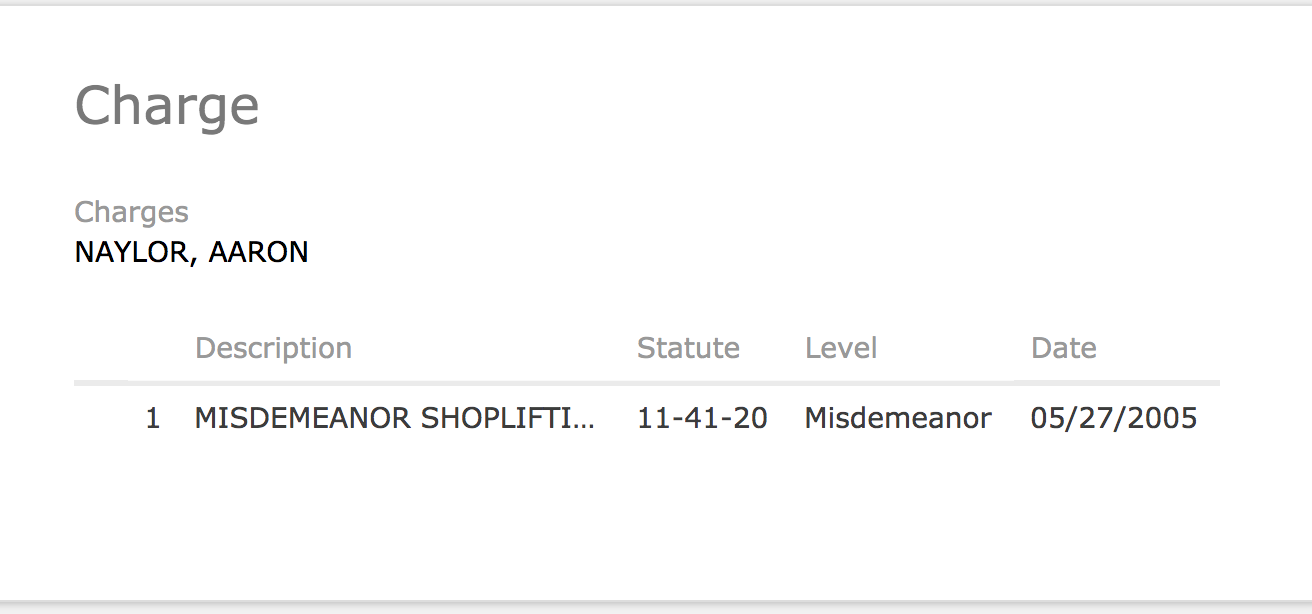
RI JUDICIARY PUBLIC PORTAL SMART SEARCH CODE
Code § 3607īefore a landlord can run a credit check based on the prospective tenant’s information on the submitted rental application, the Federal Credit Reporting Act requires that written consent must be given by the applicant. Private Clubs – private clubs that operate without public access or commercial intent may provide preferential treatment of applications for lodgings owned or operated by the club.However, other protected classes may not be the basis for making a decision as a result of this exemption. Religious Organizations – religion can be used as a basis for giving preference to certain applicants for property that is owned, operated, supervised, or controlled by a religious organization that does not rent for commercial purposes.Additionally, race cannot be a deciding factor as per the Civil Rights Act of 1866 Owner Occupied Property– dwellings with four units or less where one unit is occupied by the owner are exempt from Fair Housing Laws, unless a real estate agent represents the landlord.Age – landlords may ask for an applicant’s age in the case of age-specific communities, such as senior housing or 55+ communities, due to the Housing for Older Persons exemption.Familial Status – it is acceptable to ask about and base an application decision on applicant age and/or if children will occupy the rented premises in any two-family owner-occupied dwellings.


In Rhode Island, the following exemptions are allowed: Exemptions from Fair Housing laws do exist. Military/Veteran (With an honorable discharge or honorable/general administration discharge)Īs a result, asking about any of these items on a rental application form (and/or using them to base an application decision on) is illegal.

Familial Status (Having or not having children)Īdditionally, Rhode Island state law adds additional protections for the following classes:.The Federal Fair Housing Act makes it illegal to discriminate against the following protected classes: What Rhode Island Rental Application Forms Can’t Ask Aboutįederal and state laws protect potential renters in Rhode Island from unfair discrimination during the application process. Additionally, there is no requirement to provide a receipt and no specified holding requirements for security deposits in Rhode Island. If an applicant is approved, a landlord may collect no more than one month’s rent as a security deposit set by Rhode Island state law, but cities and counties may impose their own limits. It’s advised to not charge more than the average out-of-pocket expense, but ultimately the determination of the fee is at the sole discretion of the landlord. In Rhode Island, there is no limit or maximum rental application fee a landlord can charge a prospective tenant, allowing any sum to be charged to applicants as long as the cost is disclosed upfront.

Rhode Island Laws on Rental Application Fees The information requested relates to rental history, income, and other details that are used for background screening purposes and an application determination. The Rhode Island rental application form is a document that landlords and listing agents send out to a prospective tenant to determine whether they are a viable tenant.


 0 kommentar(er)
0 kommentar(er)
